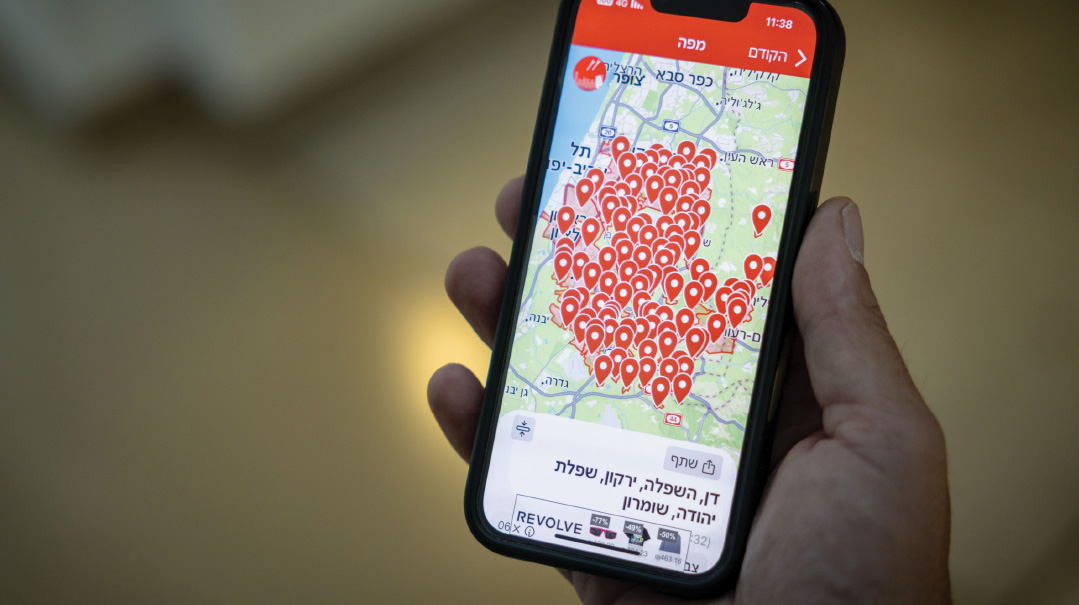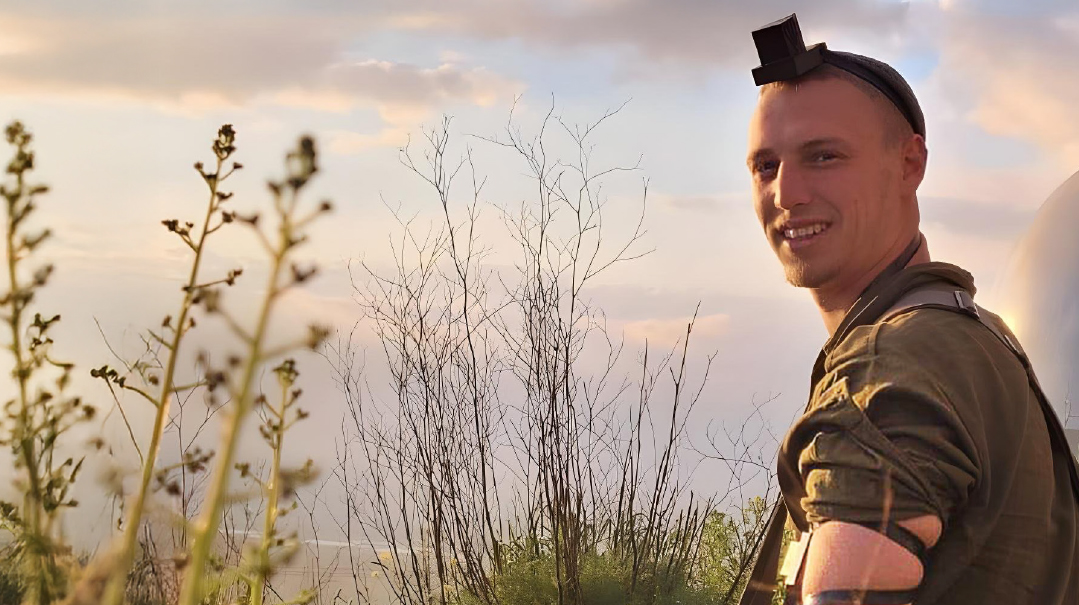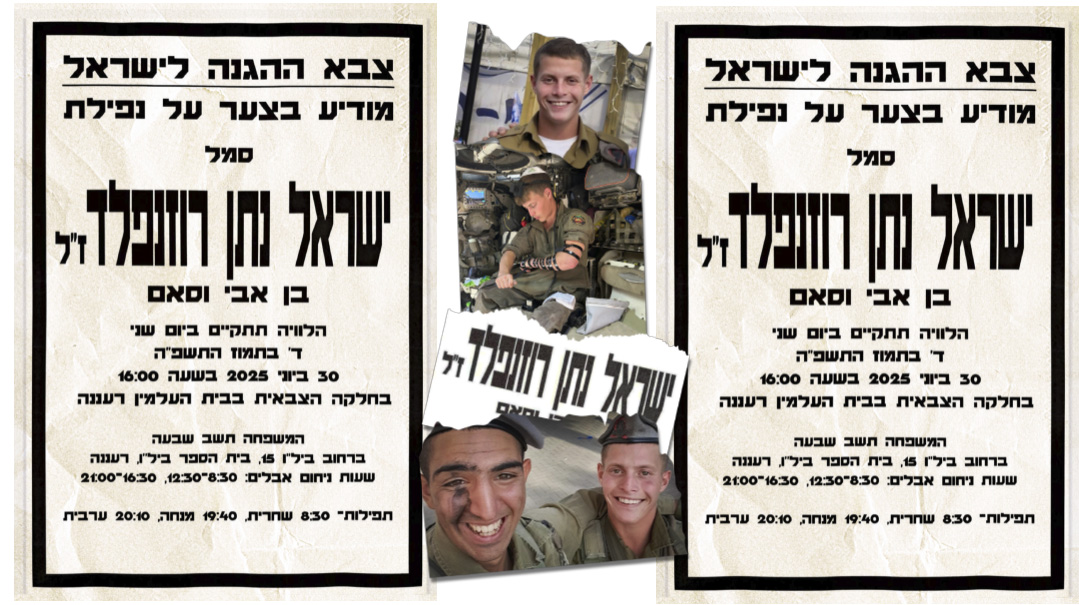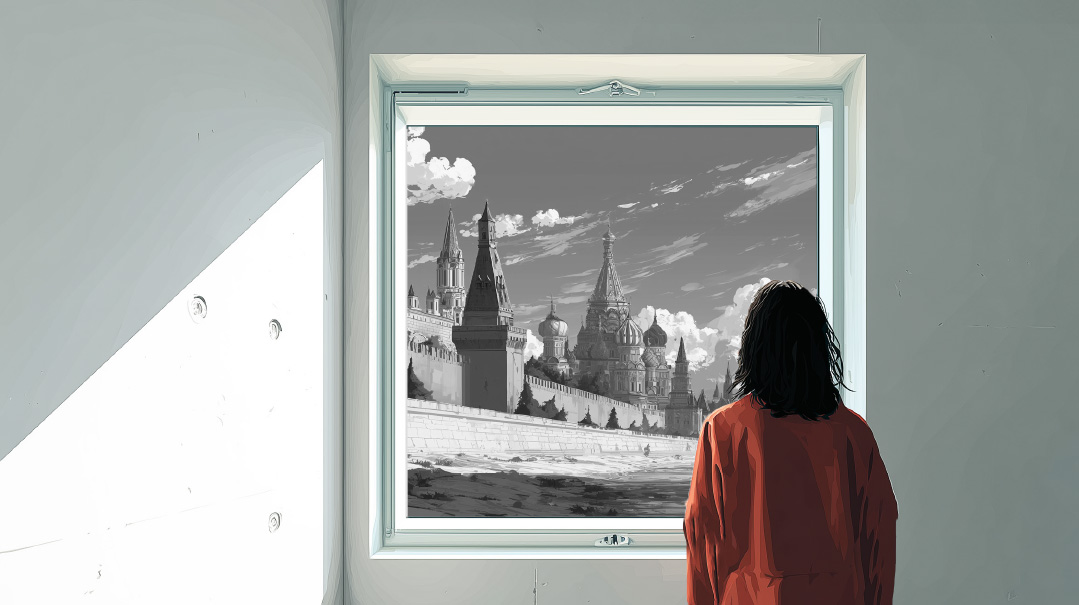Miracles and Wonders
| November 12, 2024We may be crazy for living here—but we’re not wrong

Photo: Flash90
“Are we crazy?” my sister-in-law asks me. As the mother of three young boys in this country, she’s asked this before, unable to fully set aside her fears for the still-distant future. With a house full of girls, my concerns tend toward affording weddings, not potential enlistment. Suddenly, though, I see her question in a new light.
“It’s possible we’re crazy,” I respond. But I think we’re crazy in love. We’re in love with the Land, the people, our future as a nation. It’s a love that makes you blind enough to look past the day-to-day struggles of living here, both in times of war and times of relative peace.
People questioned the safety of living in Israel throughout our aliyah five years ago, and we’d responded with great bravado that we’d rather “go down with our ship” than be anywhere else. Now, as the “ship” is buffeted by waves of animosity from all sides, we daven with intensity to stay afloat.
So sure, we’re living with craziness — a lack of control, a lack of structure, even a lack of freedom. We have to contextualize this time for our children, helping them process their fears and uncertainty. But are we really crazy? Was this the wrong choice? I don’t think so.
Schools close a week and a half before Rosh Hashanah as we wait for sirens that mostly don’t come, and never during school hours. We joke with friends and family that Hezbollah has drawn a neat circle around Karmiel, sending daily missiles to every neighboring town and village, but overall, leaving us alone.
Then, as the New Year begins, so does our new routine. In the mornings my girls and I daven out in the Mediterranean sun while my husband attends the nearest shul; in the early afternoon, we run for shelter; and in the late afternoon, we scout the backyard for shrapnel.
By the time Shabbos Shuvah ends, we’ve gone from rolling our eyes at unnecessary school closures to accepting the very real risks as our new norm.
The unexpected becomes our default. All senses on high alert, we have a contingency plan for every trip to the restroom, to the yard, to run a quick errand.
Not that we’re running many errands; we’ve pared our Yuntiff shopping down to the most basic necessities. With only 30 seconds to take cover, we try to leave the kids who need car seats at home as we scout for potential shelters while driving through the nearly deserted city streets. A promising public miklat (bathrooms and Wi-Fi!), that concrete garbage area, a building with a covered stairwell, and finally, outside the shopping center, the small airless and unlit “migunit” — a concrete box that can fit around 15 people.
On Thursday afternoon, after two days of uneasy quiet — days spent on edge, jumping at every sound, waiting for the siren to take its place of honor in our daily routine (That new game I got for the kids? The ball sliding on its track sounds exactly like the beginning of the siren on the Home Front Command app. The baby humming? So similar to the first sound we hear from Tzofar on my husband’s phone.) — the siren is a relief.
We don’t panic. We’re experienced now. Two girls pop up from the playroom and move quickly into the safe room; my preschooler drops her peeler and half-peeled carrot and joins them. I’d already thought to shut off the stove in case of a siren, and the motion feels smooth as I stop on the way to grab my napping baby.
As I’m headed up the half flight of stairs, my 11-year-old drops her book and bravely dashes out to grab my phone from the kitchen counter — we’ll need it for updates.
BOOM. BOOM. BOOM. The house shudders, the half-minute-long alarm still sounding. I throw my weight into pulling the safe room door — a monstrosity made of one-inch-thick steel — shut. (Can you believe I cried when it was installed in my living room last Succos? Less than a week later, I felt only gratitude.) It feels like it takes too long to get the handle down and the door bolted in place, but we do it.
A repeat headcount reassures me that we’re all in place. And then the giggles begin. We’ve moved on from the early days of hyperventilation and tears, baruch Hashem, and the girls talk over one another, each wanting to share exactly what she was doing and how shaky she feels and which snack she’s hoping to pull out from the safe room stash this time. The moment we’ve waited for all day, for a few days, came. And, yet again, we’re okay. Our ability to adapt is in itself a miracle.
AT bedtime, my preschooler tries to explain her fears. “It’s too scary to be four in a siren. Remember, we saw pictures that were not from this year? They were from… last week.”
With her sense of time still so fluid, it takes a few minutes of conversation to place the event she’s referring to. When a siren sounded at 6:53 a.m. on October 7, 2024, we’d grabbed the kids but not our phones on the way to the safe room. As my husband booted up his laptop for updates, multiple articles memorializing October 7, 2023, flashed across the screen. Little Emmy was on his lap, gazing at the computer with a horrified expression. He quickly clicked to the site we needed, but she’d seen enough.
While her big sisters have some grasp of world politics and a basic understanding of rockets and sirens, Emmy still does not. We’d spent the past week reassuring her that she can sit near windows during meals and use the restroom without a chaperone. We’d only recently learned that her primary fear was that bad guys will come in from the yard. No, no, we told her. We’re just doing our hishtadlus by putting a thick roof between us and the sky.
Well, some of our reassurances have been undone.
But not all of them. She continues at bedtime to tell me about a rocket that fell between two apartment gardens nearby. “And Hashem made it so there were no people. Just a little stuff got pushed out of the way!”
“Hey, Emmy,” I say. “You’re only four, and you’ve already seen so many nissim and niflaos. I never saw nissim and niflaos when I was four.”
She cocks her head. “Did Miri?” she asks about her big sister and greatest hero.
“Nope. Just you.”
Emmy smiles, ready to settle down to sleep, and I think again of my sister-in-law’s question. Are we crazy?
We have the zechus to raise our family on a small piece of Eretz Yisrael that we call our own. We witness miracles in our own backyard, reminding us that we’re a link in the chain stretching back to Avraham Avinu, giving us chizuk to raise the next generation in the legacy he left us, this beautiful Land.
No, we’re not crazy. We are so blessed.
(Originally featured in Family First, Issue 918)
Oops! We could not locate your form.







